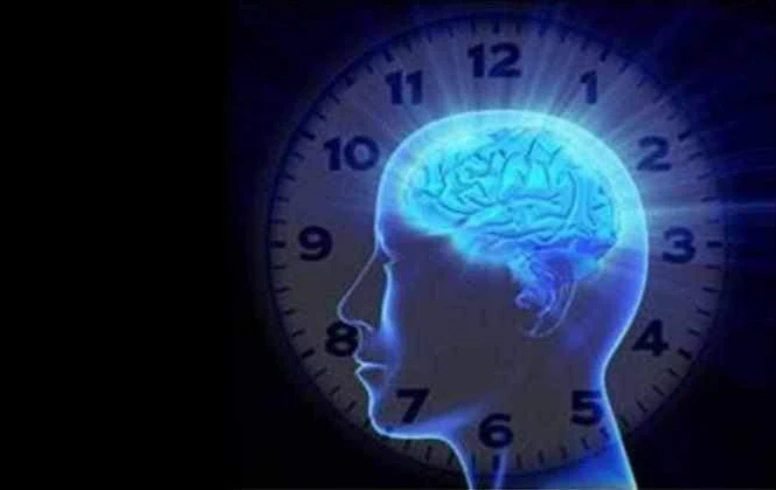Melatonin is a hormone produced by the brain in dark environments and plays a key role in regulating circadian rhythms (the 24-hour biological clock) and sleep patterns. Melatonin production decreases with exposure to light at night, which can disrupt sleep.
Research has shown that melatonin may have other functions beyond sleep regulation, though these effects are not fully understood. Melatonin supplements can be made from animals, microorganisms, or more commonly synthesized in the laboratory, and are widely used to treat sleep disorders and adjust biological rhythms.
Melatonin’s main characteristic is that it is the strongest endogenous free radical scavenger discovered to date. Its fundamental role is to participate in the antioxidant system and protect cells from oxidative damage, surpassing all known substances in the body in this regard.
Its functions include:
- Preventing Pathological Changes
Melatonin easily enters cells and can protect nuclear DNA, helping to prevent DNA damage that could lead to cancer. - Regulating Circadian Rhythms
Melatonin secretion follows a circadian rhythm. After nightfall, reduced light stimulation increases the enzyme activity for melatonin synthesis in the pineal gland, leading to higher levels of melatonin in the body, peaking at around 2-3 a.m. The level of melatonin at night directly affects sleep quality. With aging, the pineal gland gradually shrinks and calcifies, resulting in reduced or lost circadian rhythm, especially after age 35, when melatonin levels decrease significantly, averaging a 10-15% reduction every decade. This decrease leads to sleep disorders and various functional impairments. Supplementing with melatonin can help maintain youthful melatonin levels, adjust and restore circadian rhythms, not only deepening sleep but also improving overall quality of life and slowing the aging process. - Delaying Aging
In the elderly, the pineal gland shrinks and melatonin secretion decreases correspondingly. The lack of melatonin in various organs leads to aging and disease. Scientists refer to the pineal gland as the body’s “aging clock.” By supplementing with melatonin, one can effectively “turn back” the aging clock.

